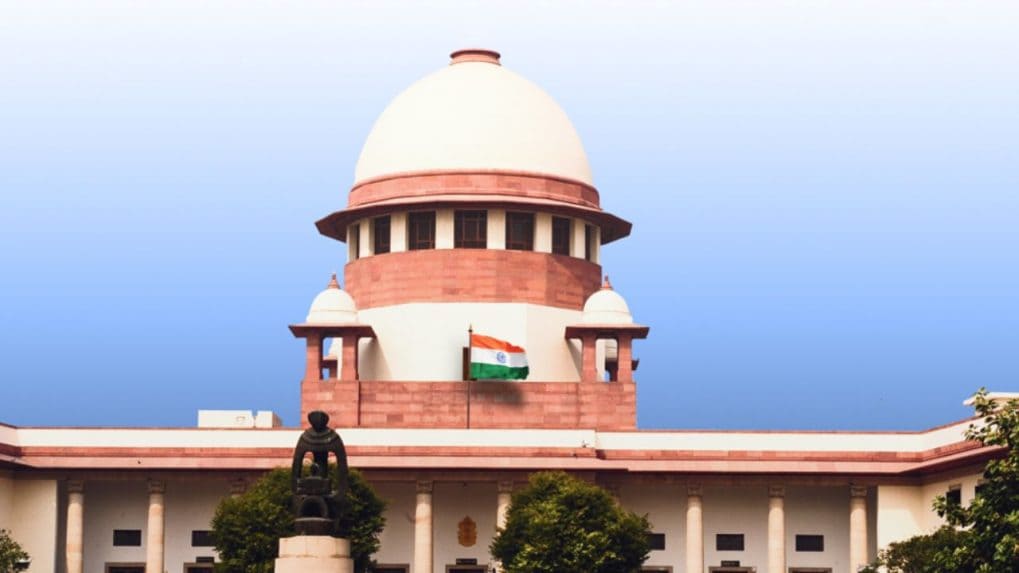Breaking: Wagering on game of skill amounts to gambling and betting: Govt of India tells SC
Government emphasized that RMG platforms do more than just host games—they actively facilitate the flow of money.
ADVERTISEMENT
In a significant development in the ₹2.5 lakh crore Goods and Services Tax (GST) dispute involving India’s online gaming industry, the government argued before the Supreme Court that staking money in games of skill constitutes to gambling and betting. The landmark hearing, which began on May 5, saw the Centre assert that real money gaming (RMG) platforms are not merely technology providers but active enablers of cash-based gaming.
A division bench comprising Justices JB Pardiwala and R. Mahadevan is presiding over the case, with hearings scheduled until May 9. The proceedings are expected to shape the future of India's rapidly growing online gaming sector, which has come under regulatory and tax scrutiny in recent years.
Representing the Union government, Additional Solicitor General (ASG) N. Venkatraman laid out the Centre’s position, stating that platforms offering cash-based games, even those categorized as games of skill, engage in gambling due to the financial stakes involved.
“We have no issue with games of skill,” said Venkatraman during the hearing. “But when a person wagers on the outcome, even in a game of skill, it amounts to gambling.” He also pointed out that real money gaming maybe also stand illegal under various state gaming laws.
Venkatraman emphasized that RMG platforms do more than just host games—they actively facilitate the flow of money. He pointed to how these platforms provide both "cash-in" and "cash-out" systems and create the rules for the games, demonstrating a deeper involvement than mere software leasing.
To support the government’s argument, Venkatraman cited previous judicial rulings to underline that wagering—defined as placing a financial stake on an uncertain outcome—remains a key characteristic of gambling, regardless of whether the underlying activity is skill-based or chance-driven.
“Even if the outcome depends on skill, the element of uncertainty makes the act of staking money a form of wagering,” he said. He further clarified that paying a fixed fee to enter a tournament may be permissible, but wagering money on an uncertain result crosses into the realm of gambling.
Using fantasy sports as an example, he noted that while users may create teams based on skill, the actual results depend on the performance of real-life players in unpredictable live events such as cricket, football, or kabaddi.
The gaming industry, on the other hand, is contesting the government’s interpretation of Rule 31A of the CGST Rules. The rule mandates a 28% GST on the full face value of each bet, a policy gaming firms argue should apply only to traditional forms of gambling and betting—not to games requiring skill, like rummy, poker, or fantasy sports.
Prominent legal figures including Senior Advocates Harish Salve, Abhishek Manu Singhvi, Mukul Rohatgi, C. Aryama Sundaram, Sajan Poovayya, Vikram Nankani, and Arvind Datar are representing various gaming companies in what is being seen as a defining legal battle.
The outcome of the case could have far-reaching implications. A verdict in favor of the gaming industry would solidify the legal distinction between games of skill and games of chance, potentially influencing future tax regulations, investor confidence, and the overall growth trajectory of India's RMG sector. Conversely, a ruling for the government could validate the imposition of higher taxes and reshape how online gaming is treated under Indian law.
The Supreme Court is expected to conclude arguments by May 9, with a judgment likely to follow in the coming months.


